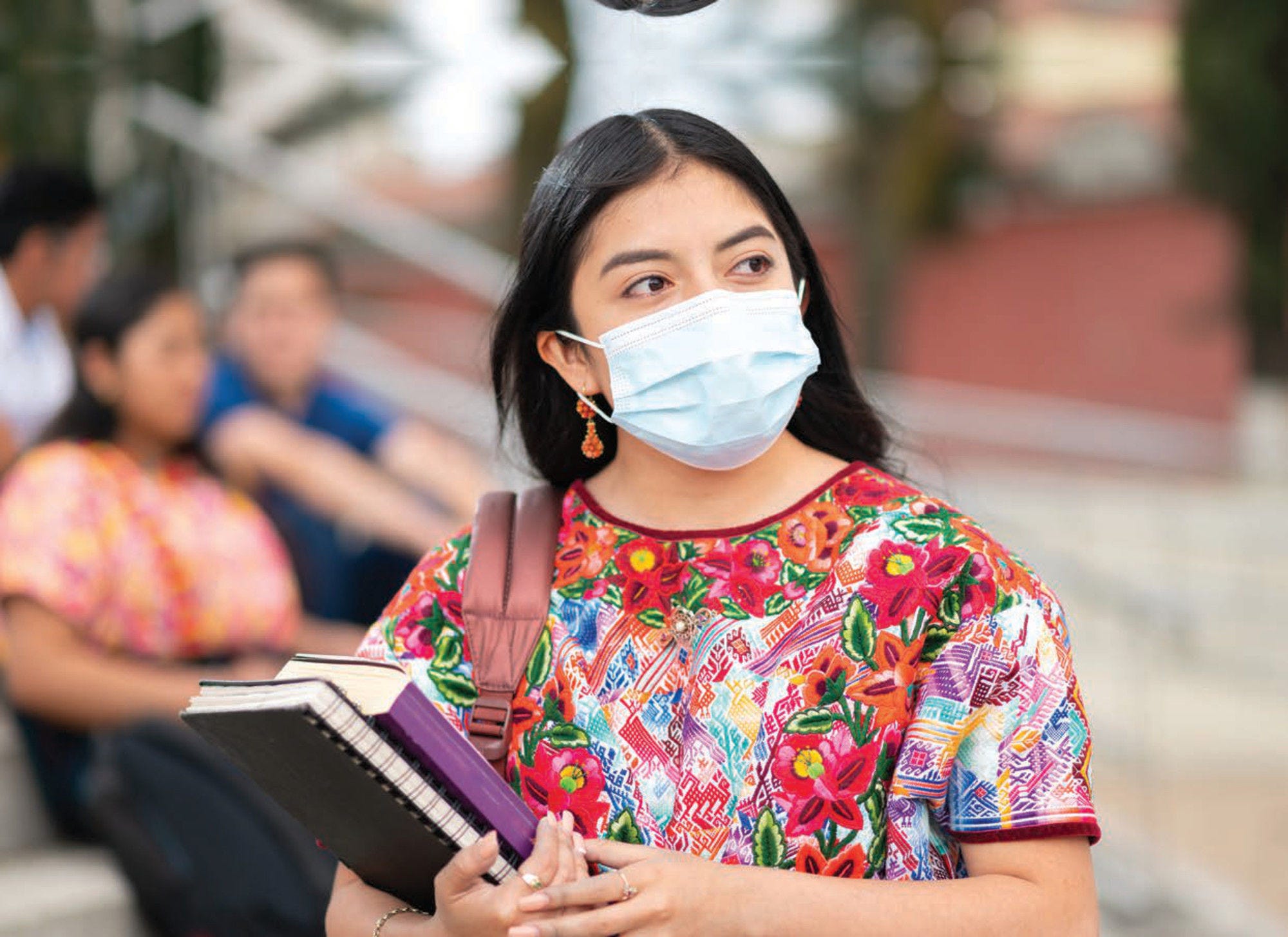Mental healthcare workers comprise a unique category of the health workforce, including psychologists, psychiatrists, and nurses working in the sector of mental healthcare. In the advent of the COVID‑19 pandemic, mental health needs have emerged as a growing health burden requiring complex and specialised care and remains a major challenge as persistent workforce capacity constraints limit the resilience of health systems in Latin America and the Caribbean. The sustainability of the mental healthcare workforce remains at risk: a recent study of mental health workers in 17 countries of the region during the first 100 days of the pandemic noted that the mental health of workers themselves was under severe strain (Agrest et al., 2022[1]).
Across professions in mental healthcare, wide variations in density by population were observed among countries in the Latin American and Caribbean region. With particular regard to rates of psychologists adjusted for population, this variation is significant. While OECD member states averaged approximately 40 psychologists per 100 000 population, this measure was surpassed by four countries in the region: Argentina, Costa Rica, Colombia, and Antigua and Barbuda. Of note, the former three countries surpassed this average several times over: Argentina reported a rate of over 286 psychologists per 100 000 people, with Costa Rica (135 psychologists per 100 000 people) and Colombia (128 psychologists per 100 000 people) following behind. At approximately 0.26 psychologists per 100 000 people, Belize features the lowest observed rate of psychologists in the region. Overall, of the 31 countries in the region reporting data on psychologists, an average of 23.9 psychologists per 100 000 people was observed (Figure 8.9).
Regarding psychiatrists, countries in the region generally perform below the average in OECD member states when adjusted for population, set above 18.0 psychiatrists per 100 000 people. Uruguay, noting an observed rate of 15.7 psychiatrists per 100 000 people, is the highest in the Latin American and Caribbean region, while Haiti reported a rate just above 0.1 psychiatrists per 100 000 people –the lowest observed rate. Among countries in the region reporting data, an average of approximately 3.4 psychiatrists per 100 000 people was observed (Figure 8.10).
The rate of nurses working in mental healthcare provide an indicator for workforce capacity in the primary and tertiary sectors. While the Latin American and Caribbean regional average was observed at just above 17.2 nurses per 100 000 people, several countries performed well above this measure. Colombia reported the highest rate in the region, with just under 147.2 nurses per 100 000 people. Of the 23 countries in the region reporting data, Saint Vincent and the Grenadines reported the lowest figure of 0.0 nurses working in the mental health sector per 100 000 people due to its low total population, with Haiti reporting 0.02 nurses in the sector at the next-lowest positive reported figure (Figure 8.11).



